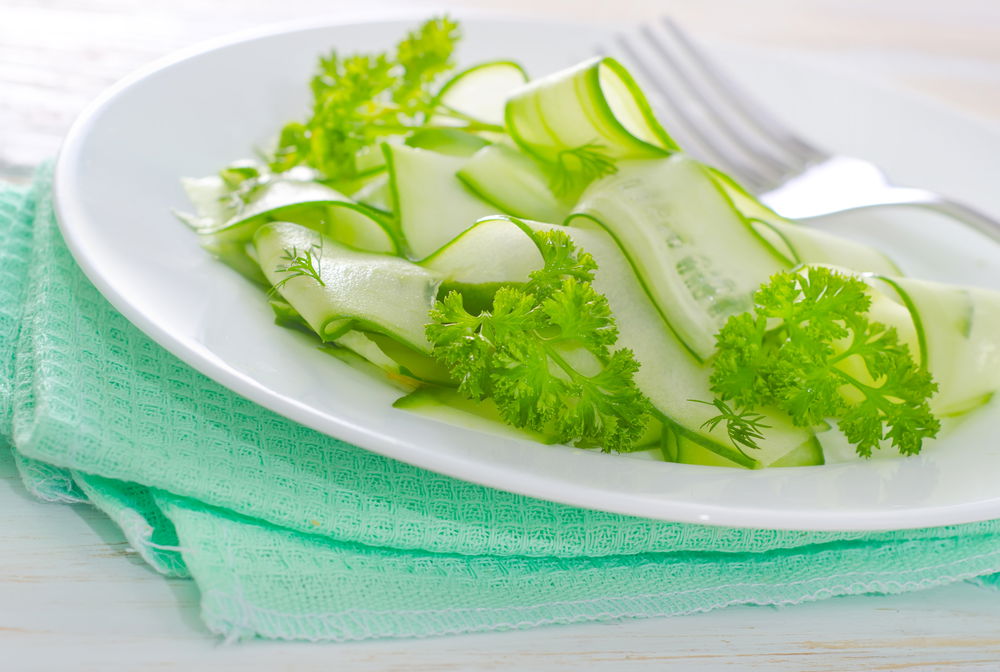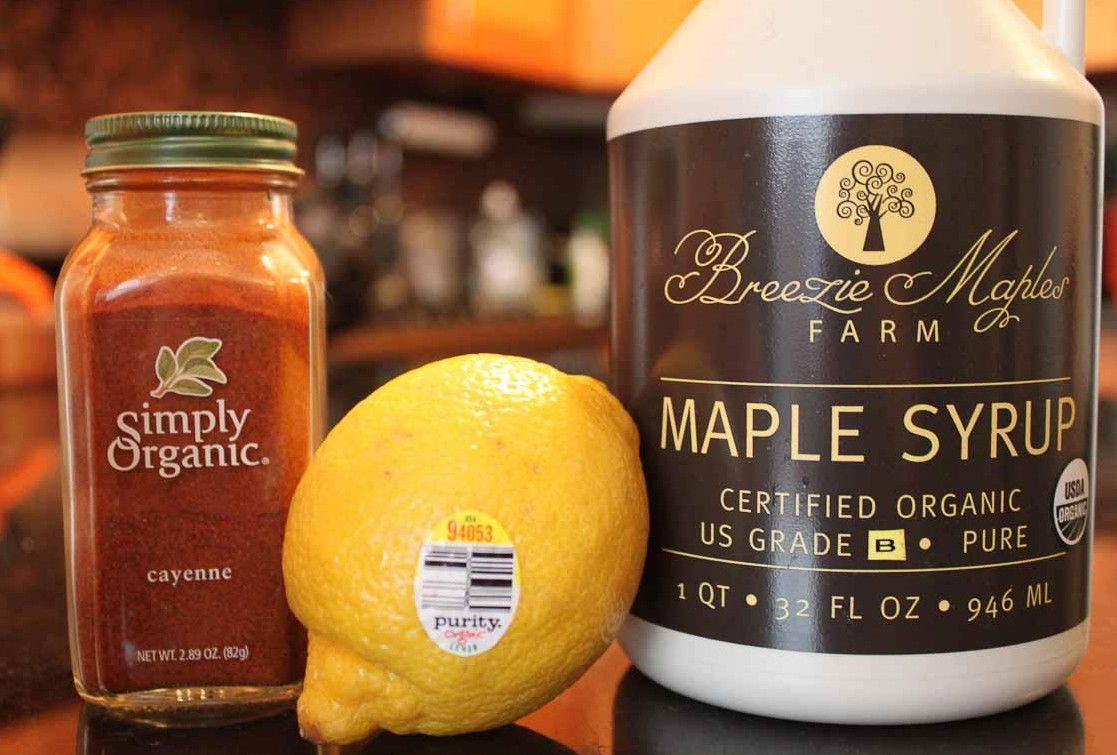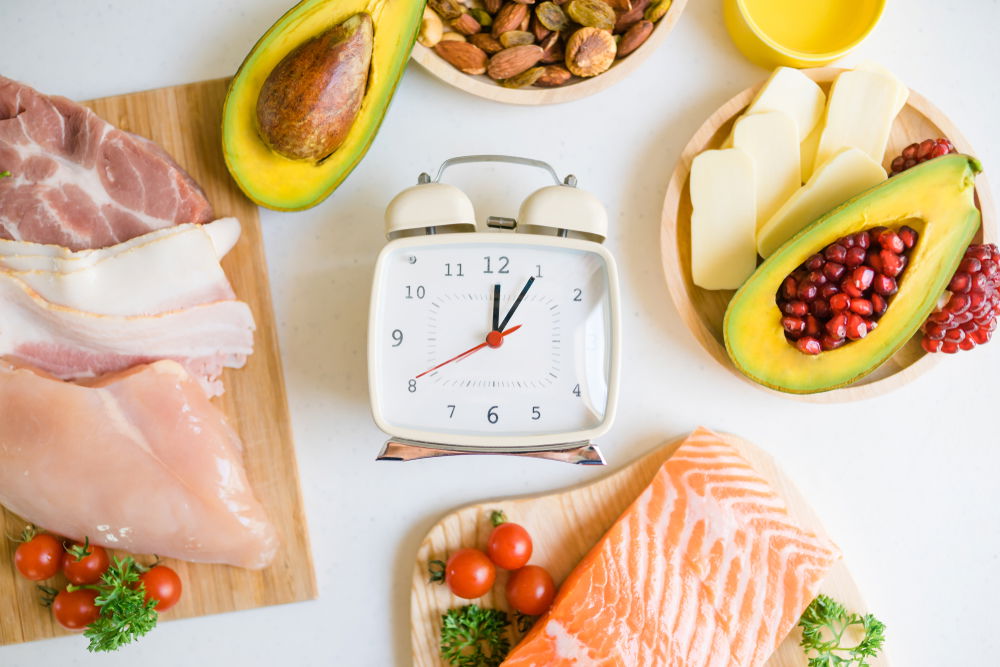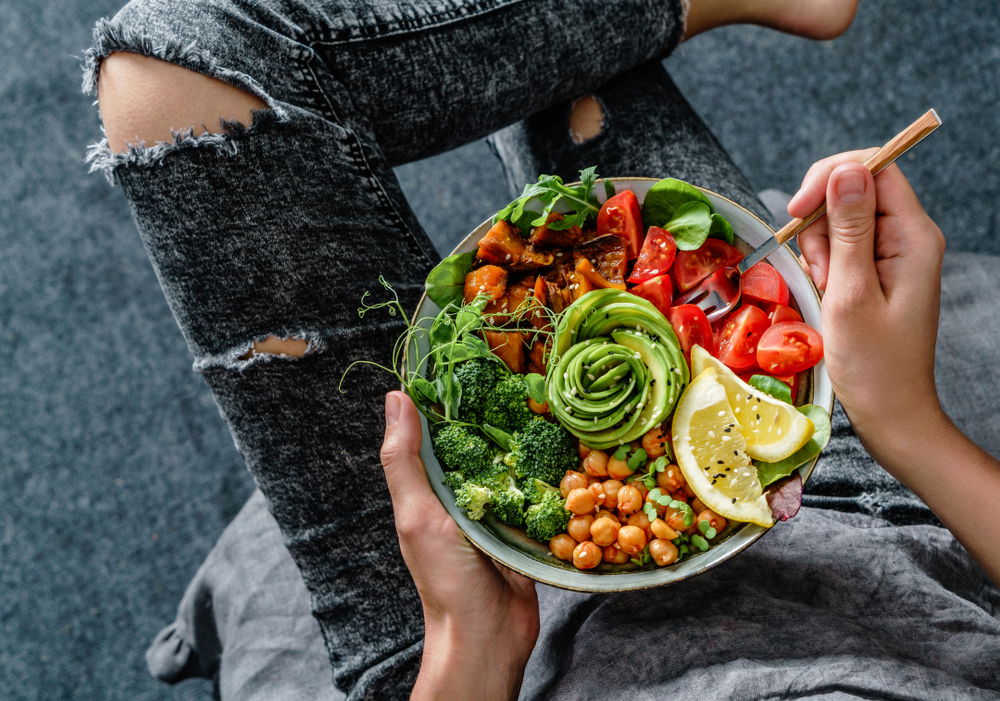 7 Dieting Trends That You Should Avoid
7 Dieting Trends That You Should Avoid

Going on a diet in order to lose weight and improve your health is a noble endeavor. For a lot of us, finding the right diet to shed those pounds is a constant struggle, and unfortunately, there are a whole lot of gurus out there who make matters worse by offering terrible dieting advice that simply doesn’t work. In fact, rather than making you a healthier person, some of these strategies can actually result in dangerous health effects. Here is a look at 7 fad diets that you should stay away from.

1. Coconut Oil Diet
Can a few spoonfuls of coconut oil help you lose weight? Research on this question is inconclusive. While it is a relatively healthy oil when used in moderation and might help you feel fuller, there’s no reason to believe it is a magic bullet that will help you burn those pounds. It’s a high-caloric food, which means you would want to avoid putting too much of it into your cooking. Another important point is that you should never rely on one single ingredient when trying to lose weight. Instead, focus on developing a balanced diet that contains all of the nutrition you need, including healthy fats.

2. Raw Food Diet
In principle, eating raw foods is not entirely bad. By its very nature, it eliminates any concerns that you’re eating processed food. It also means you aren’t consuming the saturated fats found in meat and dairy products. So, sure, if you eat raw foods you’re bound to lose some weight. But in the long term, you don’t gain any benefits versus eating cooked foods and the food choices are bound to get boring at some point. In our humble opinion, a dinner consisting of steamed vegetables, baked fish and a slice of wholegrain bread beats a bowl of baby carrots any day. Furthermore, the amount of nuts and legumes you’d need to eat in order to compensate for the loss of amino acids that you would otherwise find in meat is so high, you would end up gaining weight, not losing it!

3. Soup Diet
There’s nothing inherently wrong with having a bowl of soup loaded with beans, lean meat and vegetables as part of a diet. In fact, nothing beats a steaming hot bowl on a cold winter day. However, if you’re thinking about going on a diet that consists exclusively of soup, you are bound to run into problems. First, much of the weight loss will come in the form of water weight and lost muscle, which lowers your metabolism. In addition, soups tend to be high in sodium, which raises blood pressure and makes you feel bloated. Plus, if you’re going with those cabbage-only soups, you’re missing out on healthy fats and protein. Your best bet is to enjoy a cup of soup as a side while eating a more complete meal that includes, say, a grilled chicken fillet, brown rice and broccoli.

4. The Avoiding Fat At All Costs Diet
Diets that are high in saturated fats and especially trans fats undoubtedly contribute to heart disease. But that doesn’t mean all fats should be completely avoided. The truth is, our bodies need fat for two important reasons. First, the good kinds of fats — like the kind found in extra virgin olive oil, almonds and salmon — have been shown to have heart-protecting benefits. But beyond that, fat is necessary for keeping us full. If you’ve ever eaten a large salad that only contained vegetables, it probably didn’t take long for you to start feeling hungry again, leading you to finish off a pint of ice cream. Oh, and without giving your body some fat to burn, it will respond by slowing down your metabolism, making it even harder for you to lose weight.

5. Negative Calorie Food Diet
Perhaps you’re familiar with that bit of trivia where consuming celery or lettuce results in negative net calories since the energy you use burns more calories than the amount those vegetables contain. That’s great and all, but consider this: you burn more calories sleeping than you do eating a stalk of celery. In other words, don’t allow the negative calories to serve as the motivation for eating low-calorie items. Instead, eat these things because they contain fiber, vitamins, and other nutrients that are awesome for your health!

6. Master Cleanse
If you have ever heard of the Master Cleanse diet, hopefully you realized right off the bat how silly it sounds. It’s a concoction of maple syrup, lemon juice, cayenne pepper and water that you’re supposed to consume for 3-10 days in order to “detoxify” your body. Aside from the fact that there is no scientific proof that it works, liquid diets are best avoided since even the negligible effects — such as the fact that cayenne pepper only burns 10 additional calories over a 4-hour period — would only be temporary and you’ll eventually regain any weight lost.

7. Intermittent Fasting
Of all the terrible diet strategies out there, this might just be the worst. It involves going days without food or only eating during certain hours of the day (e.g., waiting until noon before you eat). Misguided advocates make wild claims like it prevents aging, helps fight off disease, or is beneficial to our brains. But in truth, there is no evidence for any of this. The only guarantees are that you’ll constantly be hungry, which in turn can lead to depression, moodiness, lack of concentration, slower metabolism, and low levels of blood sugar. It’s hard to imagine getting anything done at work if you’re starving and don’t have a clear mind!

The bottom line: in order to lose weight, you should never trust a fad diet. Instead, you should aim to reduce the amount of highly processed carbs found in white rice and white pasta and replace them with quality carbs found in beans and whole grains. Drinking more water, loading your plate with vegetables, eating fresh apples and grapes rather than dried fruits, eating lean meats, and using healthy cooking oils such as extra virgin olive oil or canola oil (along with moderate exercise) will help you lose weight and keep it off.
What is the worst diet tip you’ve ever heard? Share it with us!